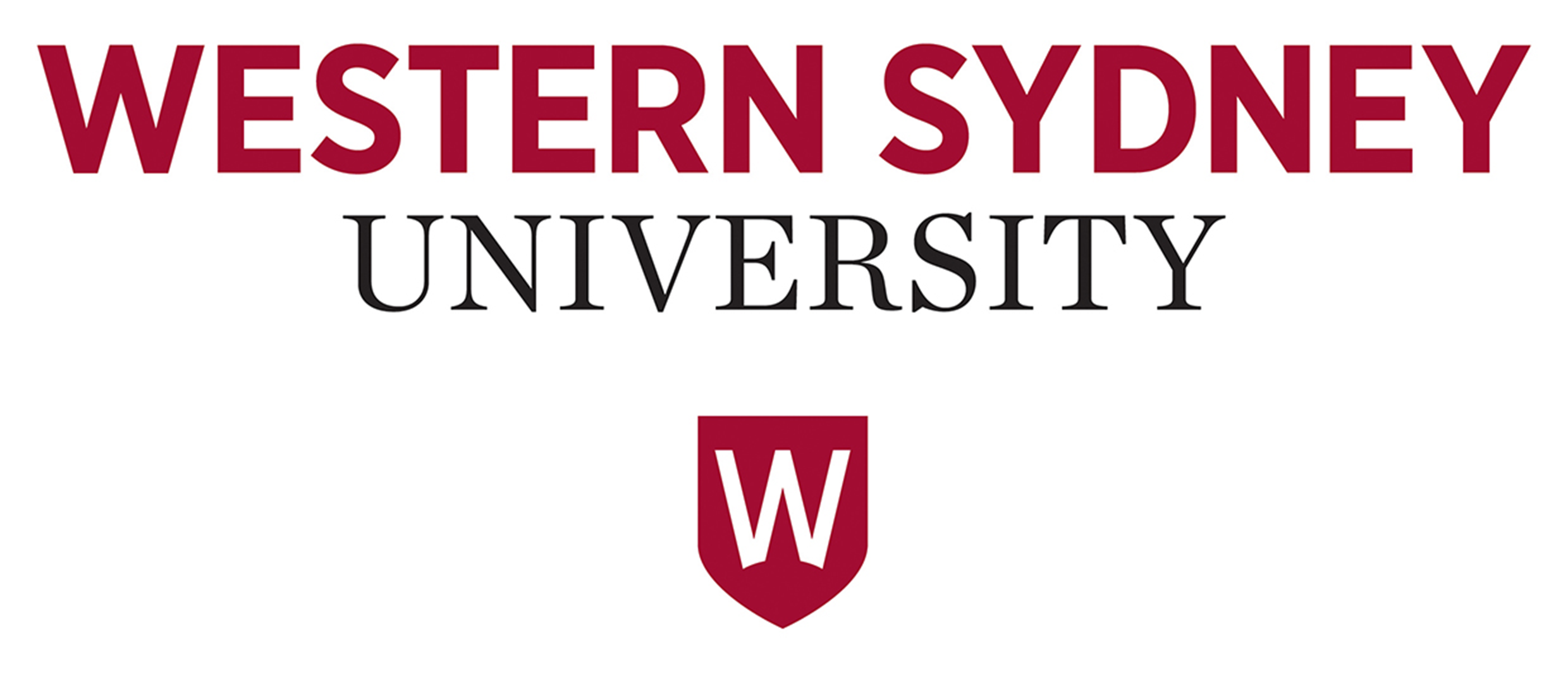Full description
This study investigates the communication practices of the School Strike 4 Climate (SS4C) Sydney group on social media in the lead-up to the 3 March 2023 climate protest. The student climate movement in Australia—particularly SS4C Sydney—has been recognised for its pioneering use of digital platforms to mobilise, educate, and engage supporters (Tattersall, Hinchliffe, & Yajman, 2022). To explore how the movement communicated around this protest event, the project collected all posts published on SS4C Sydney’s Instagram and TikTok accounts between 12 February and 10 March 2023. Data were collected manually through screen capture to preserve the visual and contextual integrity of each post. Each item was recorded in a coding spreadsheet, including metadata such as platform, date, media type, caption text, hashtags, and observed interactions (e.g. comments, likes).The dataset includes variables for:
o Post type (e.g. image post, video, story, TikTok)
o Content format (e.g. speeches, memes, crowd photos, signage)
o Function (e.g. event promotion, celebration, call to action)
o Theme (e.g. science, politics, Indigenous knowledge, internet culture)
o Following collection, the posts were qualitatively coded using inductive content analysis.
Created: 2025-06-16
Data time period: 03 2023 to 31 03 2023
Spatial Coverage And Location
text: Western Sydney
User Contributed Tags
Login to tag this record with meaningful keywords to make it easier to discover
- DOI : 10.26183/0JJS-CA73

- Local : research-data.westernsydney.edu.au/published/2e56ef504a4a11f0b943eb1ef7e22f94


